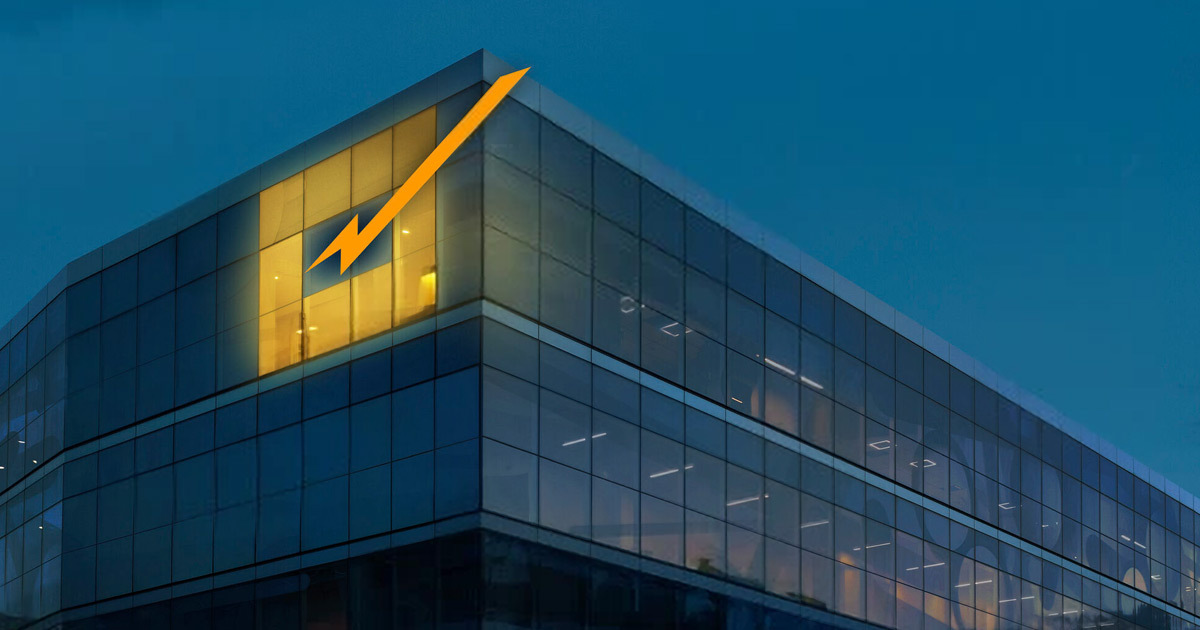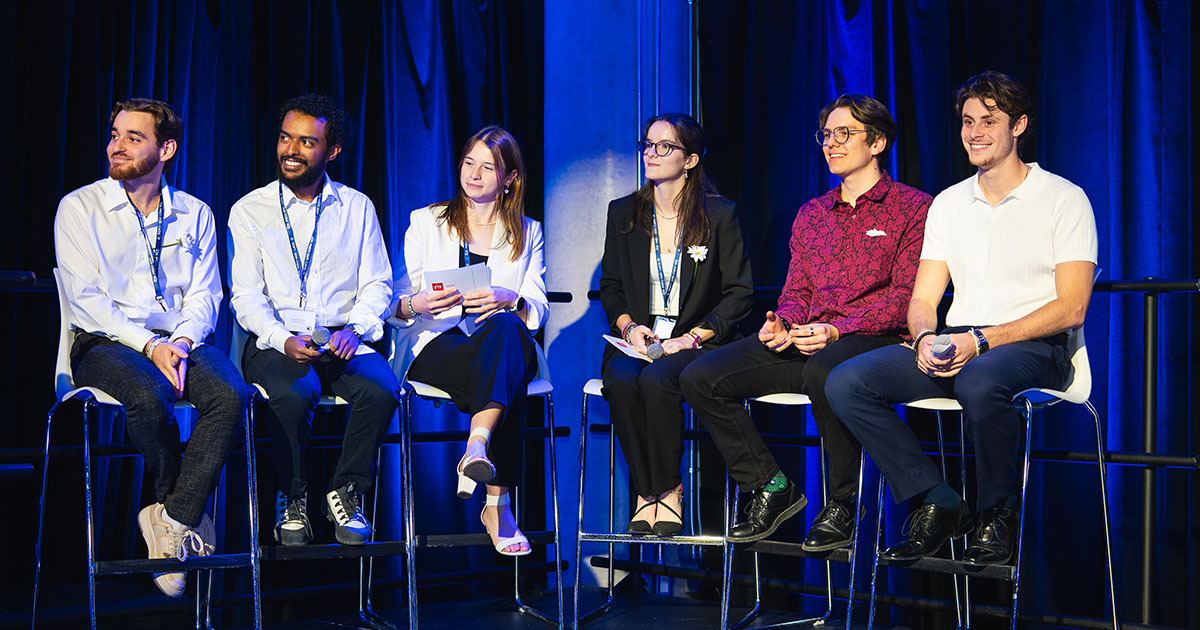
At present, if it’s possible to detect certain forms of cancer through a blood test, it’s usually because the disease has reached a metastatic stage. “The challenge is to detect cancer when the concentration of tumour DNA is minimal,” says Alexandre Pellan Cheng, Professor of Systems Engineering at ÉTS and an expert in the development of liquid biopsies. For the past eight years, his work has focused on creating hypersensitive tests capable of capturing minute quantities of cellular waste from tumours circulating in blood or urine.
Seeing From Within
Imaging is a powerful tool for locating and assessing tumour progression. However, for optimal measurement, an image must be taken before, during and after treatment. Then, imaging must be carried out regularly to detect any relapse. This portrays an unrealistic frequency of medical examination for cancer sufferers.
The enormous clinical need for accessible, non-invasive tests has prompted Alexandre Pellan Cheng to pursue his research into liquid biopsies as an aid to the diagnosis of rare diseases and cancers.
A PhD Leading to Four Patents
Born in Montréal, Alexandre earned his bachelor’s degree in Biomedical Engineering in 2016. He then enrolled in a PhD program at Cornell University in New York, under the supervision of Associate Professor of Biomedical Engineering Iwijn de Vlaminck. Alexandre Pellan Cheng’s work on infectious and immune diseases has earned him four patents.
The first patented test analyzes tissue damage caused by the COVID-19 virus. The second identifies specific types of infectious disease by capturing DNA from cellular debris. The third is a technological breakthrough enabling the assessment of systemic consequences with a single test applicable to all organs. Finally, the fourth patent relates to a technology that can improve the specificity of infection detection.
Alexandre Pellan Cheng earned his PhD in Biomedical Engineering from Cornell University in 2021.

For his postdoctoral studies, Alexandre wants to specialize in early cancer detection. His supervisor is his mentor Dan-Avi Landau, Associate Professor of Medicine in the Division of Hematology and Medical Oncology, and the Department of Physiology and Biophysics at Weill Cornell Medicine. For three years, Alexandre focused on creating highly sensitive tests to detect rare DNA mutations and on developing bioinformatics software to improve the signal-to-noise ratio of circulating tumour DNA.
After completing his postdoctoral training in 2024, Alexandre returned to Montréal, where he joined the CHUM Research Center as an expert in liquid biopsies. However, teaching was still on his mind. He always wanted to be a professor. He decided to apply to ÉTS for two reasons: “In addition to its strong growth in several engineering fields, ÉTS is home to Centech, a world-renowned centre for technological innovation,” explains Alexandre. So it was with great enthusiasm that he accepted the position of systems engineering professor.
All of Alexandre’s choices are geared toward improving human health. “Teaching means helping to train engineers who will go on to work in sectors of great benefit to society,” he says.
But he worries about the future.
77% Increase in Cancer Cases by 2050
According to data from the World Health Organization, the number of new cancer cases is set to rise by a staggering 77% between now and 2050. For Alexandre Pellan Cheng, it’s urgent to unite our efforts to avoid such a future.
“My professional goal as a biomedical engineer is to develop early tumour detection tests that are ultrasensitive, affordable, non-invasive and accessible to all population groups worldwide,” says Alexandre Pellan Cheng.
______________________________________________________________
1. Source: « Cancer : une charge toujours plus lourde dans le monde et des besoins en services croissants »; Organisation mondiale de la santé; 1er février 2024;



